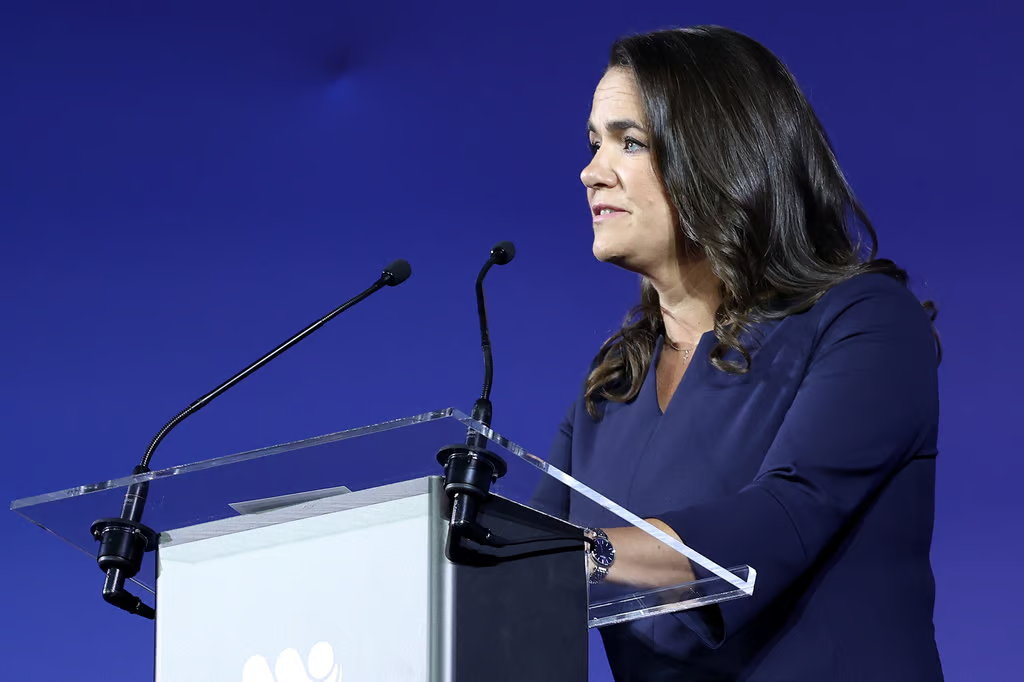A decade ago, Hungarian parliamentarians passed a law that includes a provision allowing citizens to anonymously report same-sex couples raising children. The law specifies that Hungarians can sue those who challenge the “constitutionally recognized role of marriage and the family” and those who challenge the right of children “to an identity appropriate to their sex at birth.” The country’s Constitution states that the institution of marriage is “between a man and a woman” and recognizes that “the mother is a woman, the father a man.” The passage of this law comes after the Hungarian Constitutional Court issued a ruling last February reaffirming the ban on legal recognition of “gender” change by transgender persons.
Earlier this month, Germany and France also joined other EU member states in the European Commission’s lawsuit over a Hungarian anti-pedophilia law that the Commission and LGBTI groups see as contrary to their claims and privileges. There are 14 EU member states that have joined the lawsuit – Belgium, the Netherlands, Luxembourg, Denmark, Portugal, Ireland, Spain, Malta, Austria, Sweden, Slovenia, Finland, and now France and Germany. The denunciation of the Commission and the many European countries against Hungary is also countered by a counter denunciation from Budapest toward the Commission’s interference.
Despite being elected with the votes of the governing coalition, where she led the Ministry and pro-family policies and shared the cultural struggle against LGBTI lobbies, Hungarian President Katalin Novak vetoed the bill, calling on parliament to remove a controversial paragraph that would make it legal for LGBTI couples who have children to be reported anonymously. According to Hungarian President Katalin Novak, in a letter to the Parliament of 21 April, this goes beyond the transposition of EU law, as the controversial chapter “does not strengthen but rather weakens the protection of fundamental values.” According to Bloomberg, lawmakers can still override Novak’s veto.
In any case, the determination of the political and parliamentary majority and President Novak herself to defend parental rights, to protect children from LGBTI indoctrination and conditioning, and to preserve the fundamental Christian and human roots of the natural family founded on marriage of man and woman and open to life, cannot be doubted. They delude the magazines of the globalist left (Politico) and LGBTI lobbies (Blade or PinkNews) into seeing definitive splits on these issues and values in the Hungarian political and institutional world. President Novak, Parliament and the government, each in institutional respect and full deference to constitutional powers, will promote intelligent and prophetic solutions, as has been demonstrated in family policies in the past.
